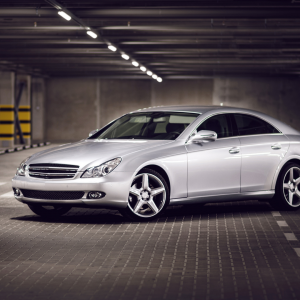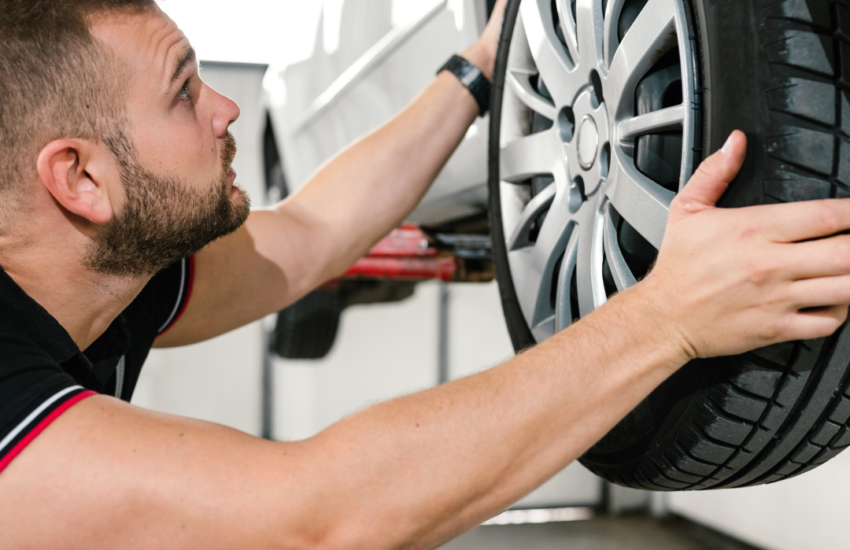The Unintended Consequences of Self-Driving Cars
With driverless cars becoming a reality, the question of what happens to the human workforce has been asked. However, the end of jobs isn’t the only scenario that could be born from the rise of the driverless car. Self-driving cars are a hot-button topic these days. They’re being hailed as the future of transportation, but they also raise a slew of questions about the safety of these computers at the wheel. How much will autonomous cars be regulated? Will they give people more freedom to drive? Or will they make the roads less safe?
The answers to these questions will determine to what extent we see self-driving cars on the road in the near future. But here are some of the unintended consequences of self-driving cars
- Vehicles are being taken over by the hackers
A major new threat to the safety of our streets is the rise of vehicle hacking. As these vehicles become more interconnected, they are increasingly vulnerable to the hacks that come from the outside. These hacks can shut down the vehicle, steal personal information, or even compromise its safety systems.
- The industry of Auto insurance
The auto insurance industry has been a hot topic in the automotive industry, and with good reason. It is estimated that the average driver in the United States is insured for $1.1 million. However, many people are not aware of the fact that there are hidden costs in their auto insurance premiums, which make up the majority of insurance company’s profits.
- Unemployment
As cars become more and more automated, people are starting to worry about what happens to the jobs they currently do. Automakers are already predicting that the number of new car dealerships will go down, as self-driving cars can handle all the sales needs. But this doesn’t necessarily mean that there will be a mass exodus to self-driving cars, as some economists predict.
- Car Sickness
One of the things not often talked about when it comes to self-driving cars is the problem of sickness. In self-driving cars, passengers may be more susceptible to car sickness since they are not actively controlling the vehicle. Eating can help alleviate symptoms of car sickness as it distracts the brain and shifts focus away from the physical discomfort. Currently, many people avoid food in cars because of the risk it poses and also due to the legality of the action. Often, people Google “is it legal to eat and drive?” and find that while it isn’t illegal, they should avoid making a habit of it. But, with self-driving cars, it would be easier and much safer to eat during travel, giving drivers a better chance to avoid car sickness.
- Auto industry
It seems like every week, we are treated to new stories about self-driving cars. But self-driving cars are nothing new. Ever since the first rudimentary concepts and research were established in the early 1900s, the automobile industry has been tinkering with the idea of automated driving.
In these days of self-driving cars, it’s easy to forget many of the other devices that rely on technology to make our lives better. For example, there are hundreds of types of medical devices that rely on automatic controls to keep patients safe. Even paper is a type of automated device. Look around your home, and you’ll find that most of the devices you use have some level of automation, from your TV remote to your dishwasher to your microwave. The result is that many of these “self-driving” devices are actually pretty dangerous.
Many of us are hard at work on self-driving cars, whether they are autonomous and electric, autonomous and hydrogen, or autonomous and manual. The challenge is getting all those cars to talk to each other, and even more challenging is getting them to work together. But how will new technologies like artificial intelligence change the auto industry as a whole? How can we use these technologies to improve the auto industry, to improve the lives of everyone, and to bring about the changes we need?
Self-driving cars have been a very popular topic of late, with Google’s Waymo and Uber teams pushing forward with their own projects. And it’s not just the big players trying to get into the game: Ford, GM, Tesla, and Toyota have all been developing their own versions of the technology. The fact that the technology is even being tested at all is cause for concern. In the near future, self-driving cars will be a reality. But even though they will improve matters for drivers and passengers, some companies argue that they will change the way cities will be built.




